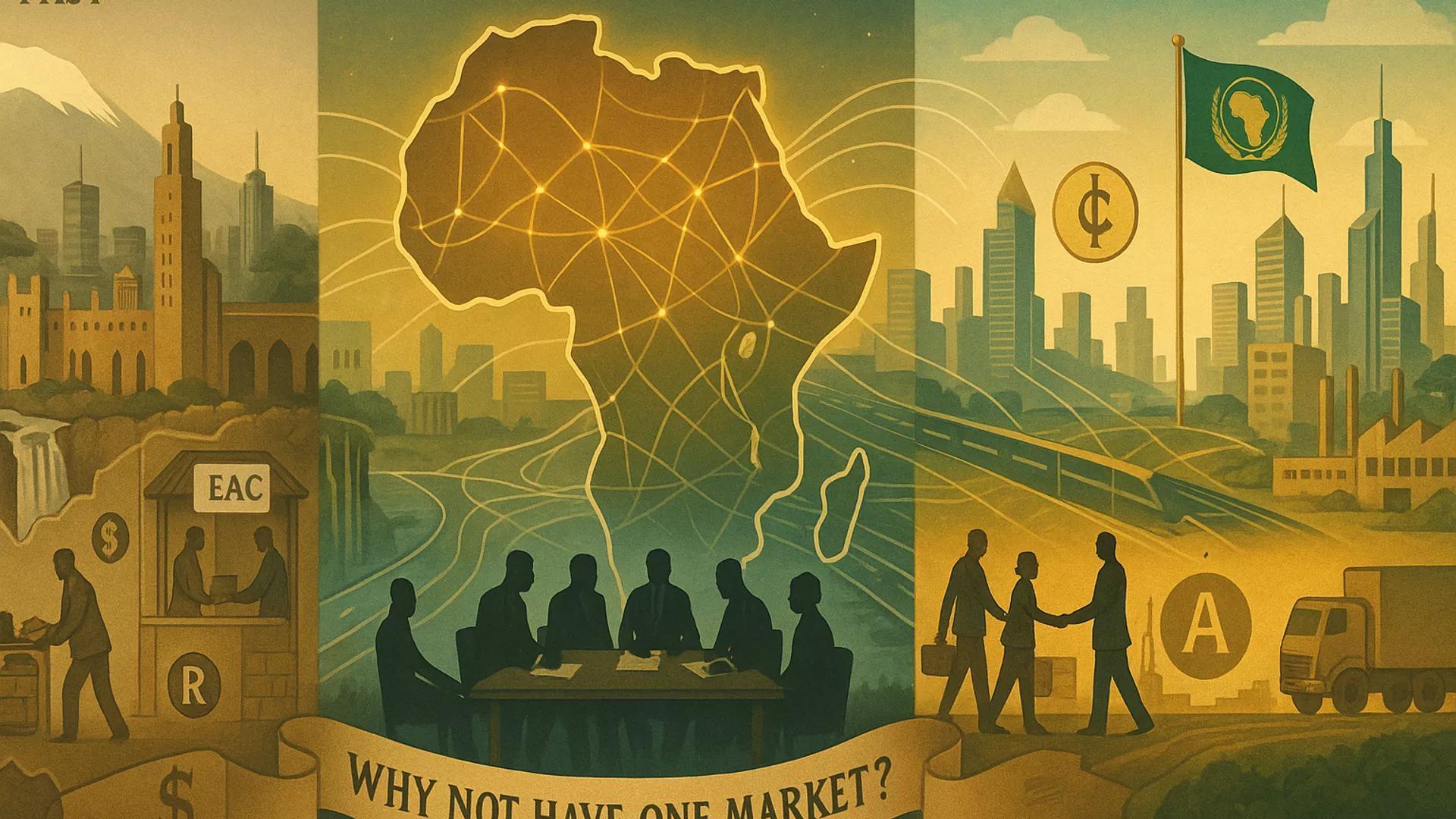Africa-Press – Ghana. As part of the push towards regional integration in Africa, discussions about a single currency are gaining momentum, because having many currencies is problematic for trade relations, and moreover, they are all dependent on the dollar, Executive Secretary of the UN Economic Commission for Africa said.
The primary objective of the United Nations Economic Commission for Africa (ECA) is to integrate Africa through free trade across the entire continent, evolving from existing regional economic communities to a unified continental market, Claver Gatete, Executive Secretary of the UN ECA told.
“When the ECA was established, one of the main objectives was actually the regional integration, integrating Africa and that’s been on the agenda. And to integrate Africa, we wanted the trade within Africa itself, so that there is a free trade area and the whole continent,” the official pointed out.
Here is Africa’s ambitious integration journey, laid out by Gatete:
The dream began with regional blocs — ECOWAS, SADC, EAC — building free trade areas, according to the speaker.
“We started from the regions. And that’s why you have the regional economic communities. There are eight on the continent that have been approved by the African Union Commission. And within each one of them, whether it is the East African community, the SADC, the ECOWAS, the other, there is a free trade movement.”
Now, African leaders are uniting these blocks into one continental market, Gatete noted.
“The leaders came together to say, why not have one market? Let’s now scale up rather than each one having a block. Come as one market. Whether it’s a free trade, whether it’s a common customs union, whether it’s a monetary union, and later on we’ll have one currency.”
The goal of the regional integration is to end fragmented trade, cut tariffs, and remove visa barriers, he added.
“We need to remove certain roadblocks. One, the tariff barriers. The non-tariff barriers. The free movement of people and goods. Without needing all the visas that we need to move from to a neighboring country.”
The focus is on regional value chains to boost high-value and globally competitive production, the official said.
“Regional value chain becomes very important. We don’t want just to trade for the sake of trading raw materials or unfinished goods, we want to make sure that we add value to the final product. So that when you are trading, you are trading on final products that meet international standards.”Africa is Drowning in $1.86 Trillion Debt — But It Can Break Free & Build Independent Economy
“You don’t have the money that you make locally in terms of your budget. The big chunk goes to pay the debt. And whatever little that is left, that’s where it’s used at the domestic level to finance other activities. And that’s why we are talking about lack of fiscal space,” Claver Gatete noted.
Moreover, currencies are collapsing as foreign exchange becomes scarce — hurting importers and citizens, he pointed out.
“We cannot depend on outside financing forever. We have to generate our own income,” the UN ECA executive secretary added.
However, the African continent can overcome the challenges, according to Gatete.
Key ways to achieve economic independence, outlined by him, include:
To reform the global financial system — get all creditors to the table.
“We have China, we have India, we have Turkey, we have Arab funds, we have everybody’s there. And then we have private funds, which is more than 40%. Now, how do you bring all of them together to solve this problem? That’s what we are talking, that’s what we are dealing with within the context of the reform of the global financial aid.”
To boost domestic resource mobilization — fix broken tax systems and build strong capital markets.
“We have to look at the taxation. […] How do we build our capital market? […] The capital market generates resources from everywhere so that they can be able to invest, can provide long-term resources to the private sector. Because we need resources to the government, we also need resources to the private sector. Both of them invest in the economy.”
To create African-owned markets — drive growth through intra-African trade and investment.
“We have also a challenge of building own market. So that the trade and investment are the ones that are going to drive our economy. Even within the challenges of the tariffs, we are saying this is a wake-up call for us to focus on our own market. Develop it, trade among ourselves, so that we can also trade with the rest of the world.”
Sputnik Africa
For More News And Analysis About Ghana Follow Africa-Press







